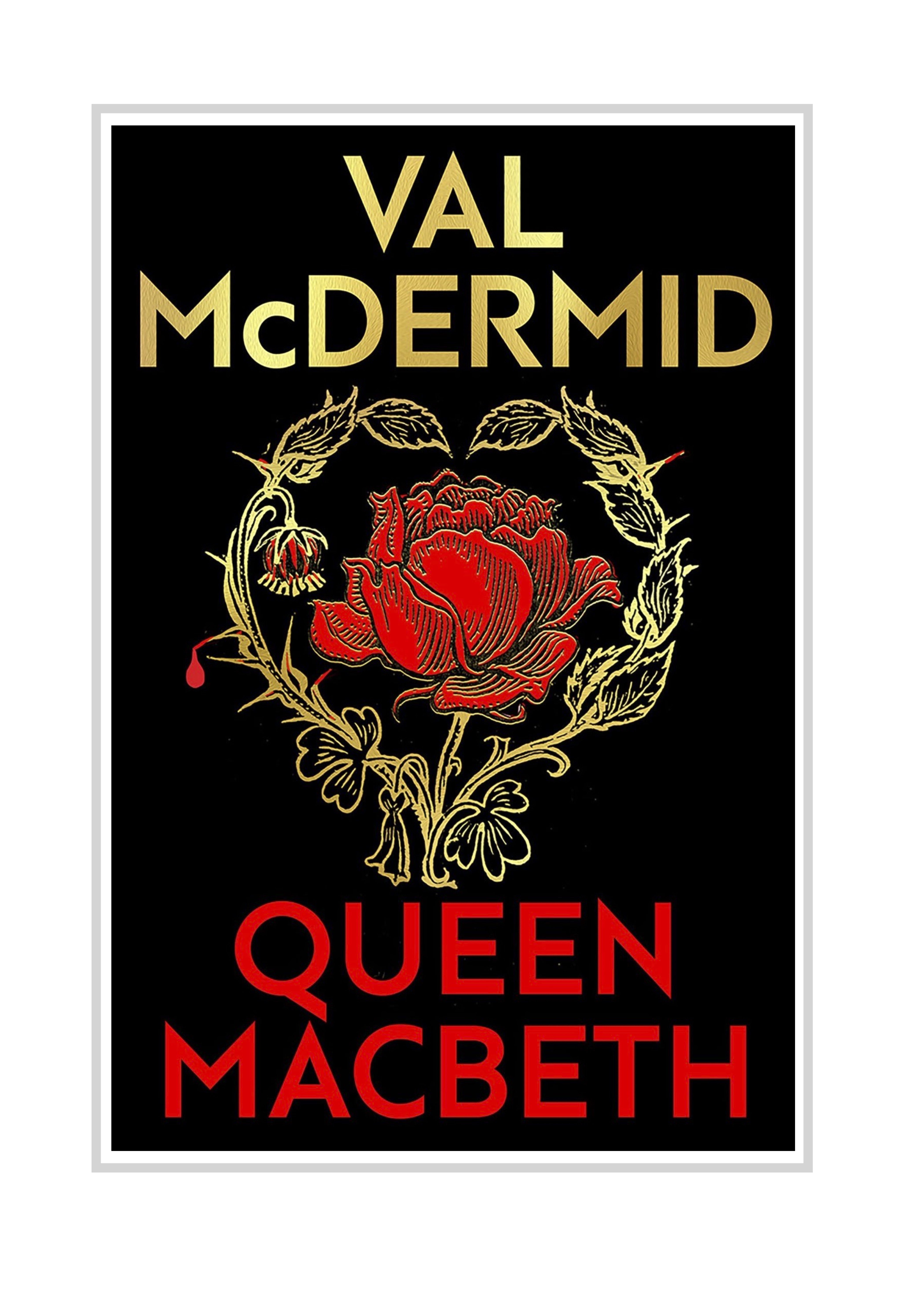My best reads of 2016 are wishful thinking, an act of fictional construction of a life where I have copious free time to read for pleasure (accompanied by unlimited cups of hot tea, an unthinkable luxury when you have small children). When I’m working on a book – whether translating it or doing research as an academic – I’m usually too close to it to be able to sum it up in a few sentences, so instead of the things I have actually read this year, here are the books which I want to read:
David Constantine’s novel, The Life-Writer (Comma Press, which came out at the very end of 2015, is top of the list. Constantine’s short stories are things of wonder, poised between poetry and plot, and always over too soon, so a novel will be a real treat. I will probably pair it with Hermione Lee’s 2008 collection of essays on lifewriting, Body Parts (Pimlico), just to bring it back full circle to my academic interests.
Glinting on my desk is Ulrike Draesner’s recent Nibelungen. Heimsuchung (Reclam, the title translates as Nibelungs: Visitation) a sumptuous edition based around Art Deco illustrations by Carl Otto Czeschka as well as the thirteenth-century epic poem The Song of the Nibelungs. Draesner’s poetic texts reflect both ancient and modern perspectives, balancing word and image, and revealing difference rather flattening the historical distance.
Finally, I’m about to start a new project on German-language short stories, so I have an eye out for new publications in this genre. Saša Stanišić’s Fallensteller (Luchterhand Literaturverlag, Trappers) and Lydia Mischkulnig’s Die Paradiesmachine (Haymon Verlag, The Paradise Machine) both came out this year from acclaimed authors: Fallensteller is Stanišić’s first foray into short story writing after two novels which have done well in English translation, How the Soldier Repairs the Grammophone and Before the Feast, both translated by Anthea Bell. Die Paradiesmaschine is Mischkulnig’s third collection of stories; no book-length translations of her playful and provocative work have been published to date, but you can get a flavour of her writing from English-language versions of several short texts by a range of translators on her website here: http://www.lydiamischkulnig.net/de/literatur_tex_transl.html




Leave a Reply